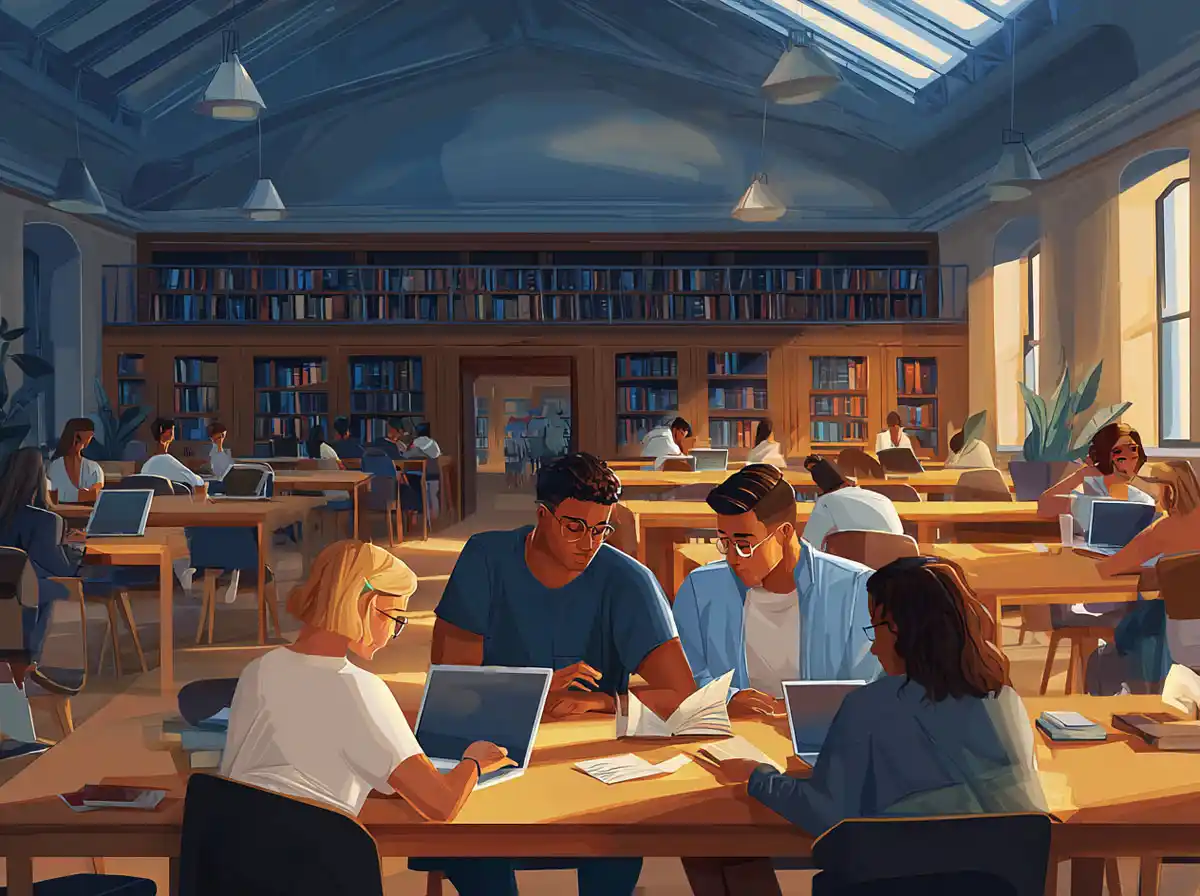La nature (nature)
La nature refers to the natural world that is not made or altered by humans. It encompasses everything from forests and rivers to animals and weather phenomena.
Nous devrions passer plus de temps à apprécier la beauté de la nature.
L’environnement (environment)
L’environnement is a broad term that includes all the natural and cultural elements that make up the surroundings in which living beings exist.
Il est important de prendre soin de notre environnement pour les générations futures.
La forêt (forest)
La forêt is a large area covered chiefly with trees and undergrowth.
La forêt amazonienne est le plus grand poumon vert de notre planète.
La faune (fauna)
La faune represents the animals of a particular region, habitat, or geological period.
L’Australie est connue pour sa faune unique et variée.
La flore (flora)
La flore refers to the plants of a particular region, habitat, or geological period.
La flore de cet île est incroyablement diverse à cause de son climat tropical.
Le réchauffement climatique (global warming)
Le réchauffement climatique denotes the long-term rise in the average temperature of the Earth’s climate system.
Le réchauffement climatique est un enjeu majeur de notre siècle.
Le recyclage (recycling)
Le recyclage is the process of converting waste materials into new materials and objects.
Faire du recyclage est un moyen efficace de réduire la pollution.
La pollution (pollution)
La pollution is the presence in or introduction into the environment of a substance which has harmful or poisonous effects.
La lutte contre la pollution est essentielle pour préserver notre santé et notre environnement.
L’énergie renouvelable (renewable energy)
L’énergie renouvelable is energy from sources that are naturally replenishing but flow-limited. They are virtually inexhaustible in duration but limited in the amount of energy that is available per unit of time.
Les éoliennes et les panneaux solaires sont des exemples d’énergie renouvelable.
Le développement durable (sustainable development)
Le développement durable is development that meets the needs of the present without compromising the ability of future generations to meet their own needs.
Le développement durable inclut la protection de l’environnement, l’équité sociale et la viabilité économique.
Le biologique (organic)
Le biologique refers to food or farming methods produced or involving production without the use of chemical fertilizers, pesticides, or other artificial agents.
Les produits biologiques sont de plus en plus demandés par les consommateurs.
La biodiversité (biodiversity)
La biodiversité is the variety of life in the world or in a particular habitat or ecosystem.
La préservation de la biodiversité est cruciale pour le maintien de la balance écologique.
Mastering this vocabulary will not only enhance your French language skills but also equip you to engage actively in conversations about global issues and the ongoing efforts to protect our planet. Whether you’re hiking through la forêt or discussing le réchauffement climatique, these words will help you express your appreciation and concern for la nature and l’environnement.










